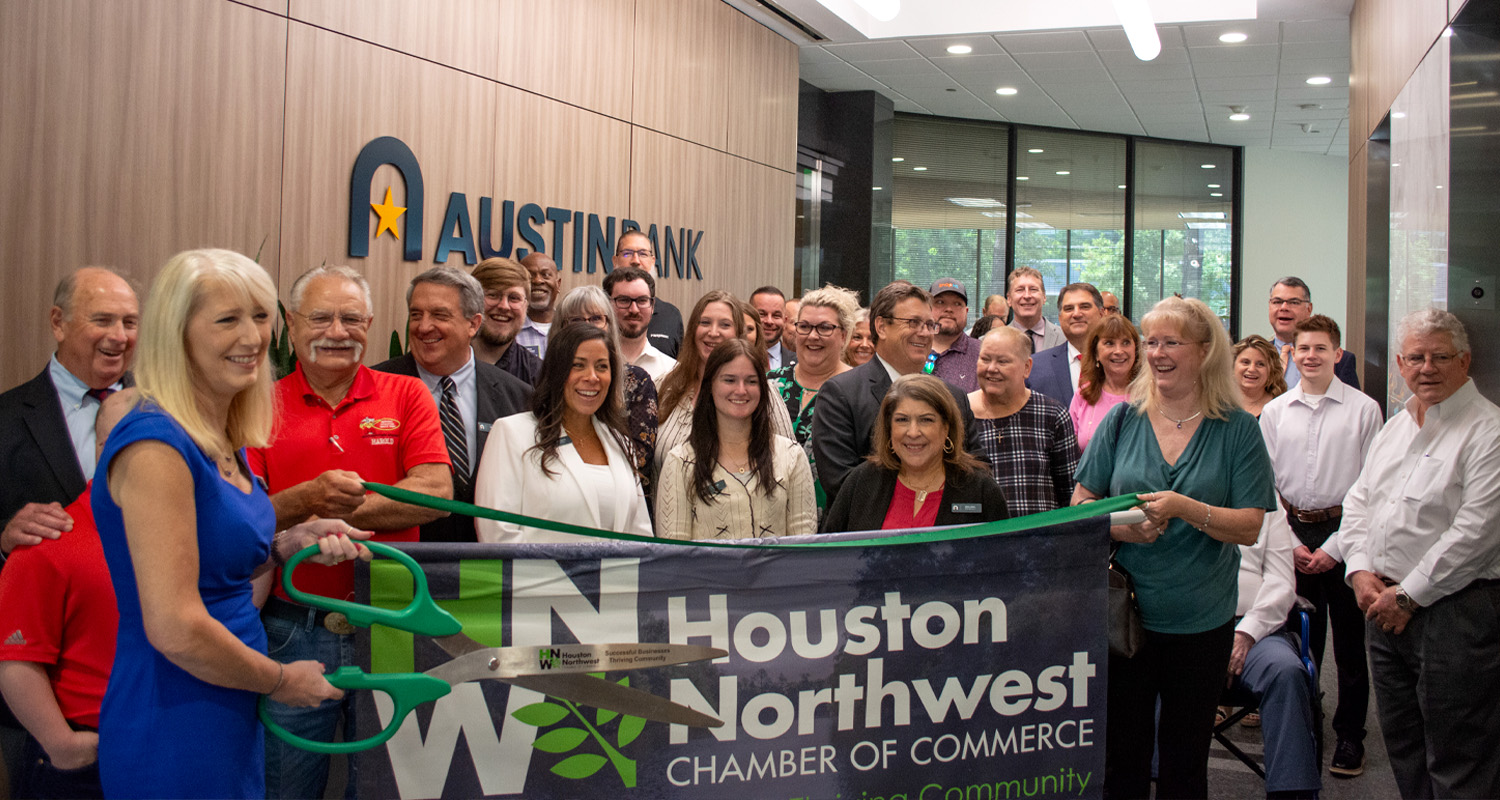Editor’s note: Did you know that financial institutions have access to a free resource that allows priority service for phone calls made when communication lines are congested? Bankers Digest and the Independent Bankers Association of Texas asked the Cybersecurity and Infrastructure Security Agency to provide details on the program. Community banks—especially those located in areas threatened by hurricanes, tornadoes, ice storms, etc.—are encouraged to learn more about this 30-year-old program.
Whether congestion on commercial networks is widespread or highly localized, the Priority Telecommunications Services (PTS) from the Cybersecurity and Infrastructure Security Agency (CISA) are available to safeguard against potential communications failures, regardless of any circumstances that may be unfolding. Now entering its 30th year, PTS gives priority to those involved in emergency response or essential services efforts when telecommunication networks are greatly stressed. In practice, “priority” means those calls are more likely to be completed successfully.
PTS provides priority calling among the largest nationwide service providers (Verizon, T-Mobile and AT&T), as well as some smaller regional carriers, for both landlines and mobile devices. The PTS system for landlines is Government Emergency Telecommunications Service (GETS), while the system for wireless phones is Wireless Priority Service (WPS). These services result in an effective, robust network that provides a means of prioritizing telecommunications when they are most needed.
Eligibility to participate in PTS is offered to essential organizations whose assets, systems and networks, whether physical or virtual, are so vital to the United States that their incapacitation or destruction would have a debilitating effect on security, national economic security, national public health or safety or any combination thereof. Current participants are highly diverse, from executive leadership positions to ground-level operations, and represent many different entities and sectors, including private, public and nonprofit. Financial services companies regularly apply for and receive sponsorship from the U.S. Department of Treasury and CISA for priority services.
There is no charge to essential organizations’ GETS and WPS subscribers for enrollment or use.
It is important to note PTS does not at any time “block” calls made by the public and other non-emergency response users during times of crisis. What sets PTS participants apart is that the priority their calls are given simply moves them to the “front of the line.” This increases the likelihood that their calls will reach their destination when the larger telecommunications system is under stress.
Reliability and stability are the crucial goals for PTS. The system is always “on” regardless of the circumstances; it is not put into action by some directive or triggered by specific events. As a result, PTS is always available for use nationwide and regardless of the season of the year, time of day or event type.
The PTS program has continued to evolve with the times. Several years ago, the program started offering the PTS Dialer, a phone app that makes using the services even easier than before. The app works by storing an individual’s PIN (assigned to them by the program), allowing for users to seamlessly make a PTS call. The PTS Dialer is available for both Android (on Google Play) and iPhone (on the Apple App Store).
To learn more about priority services, contact the CISA Priority Telecommunications Service Center at 866/627-2255 or visit cisa.gov/pts, the agency’s recently redesigned website that includes a wealth of information about the program and will address many of the most common questions that interested organizations might have.





